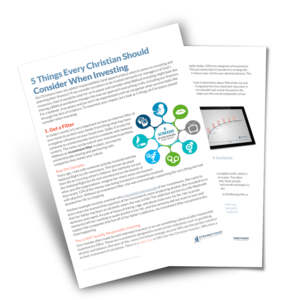Many of you probably already know the number one cause for divorce and strife in marriage without us mentioning it, but we will anyway: MONEY! They fight because one person didn’t balance the checkbook or made a bone-headed investment without consulting the other. They fight because one partner exerts dictatorial control over the money or because one has secretly amassed thousands of dollars in debt on a credit card, imperiling the couple’s finances. They fight because there just simply is not enough money left at the end of the month or maybe there’s plenty of money but they fight on how the surplus should be spent.
Whether the issues are big or small, money will prove a powerful force impacting your marriage, sometimes overtly in the form of routine arguments; sometimes quietly as animosities seethe beneath the surface for years, only to explode into a potentially marriage ending supernova.
What couples don’t always grasp is that money is rarely the real culprit. It’s the lack of communication, often stemming from a lack of knowledge about each other’s personal financial quirks and beliefs.
Sometime between the “Yes, I will marry you,” and the “I do”, is the best time to have the Money Talk but, it’s never too late to go ahead and begin communicating! Today, we are going to talk about both the questions you should be asking each other if you are not yet married and then some to help you continue to communicate well if you are already married. These are questions that will provide insight and information on how money will flow through your marriage.
First, for the questions to ask if you aren’t yet married:










1 Comment.
Yes, thank you!